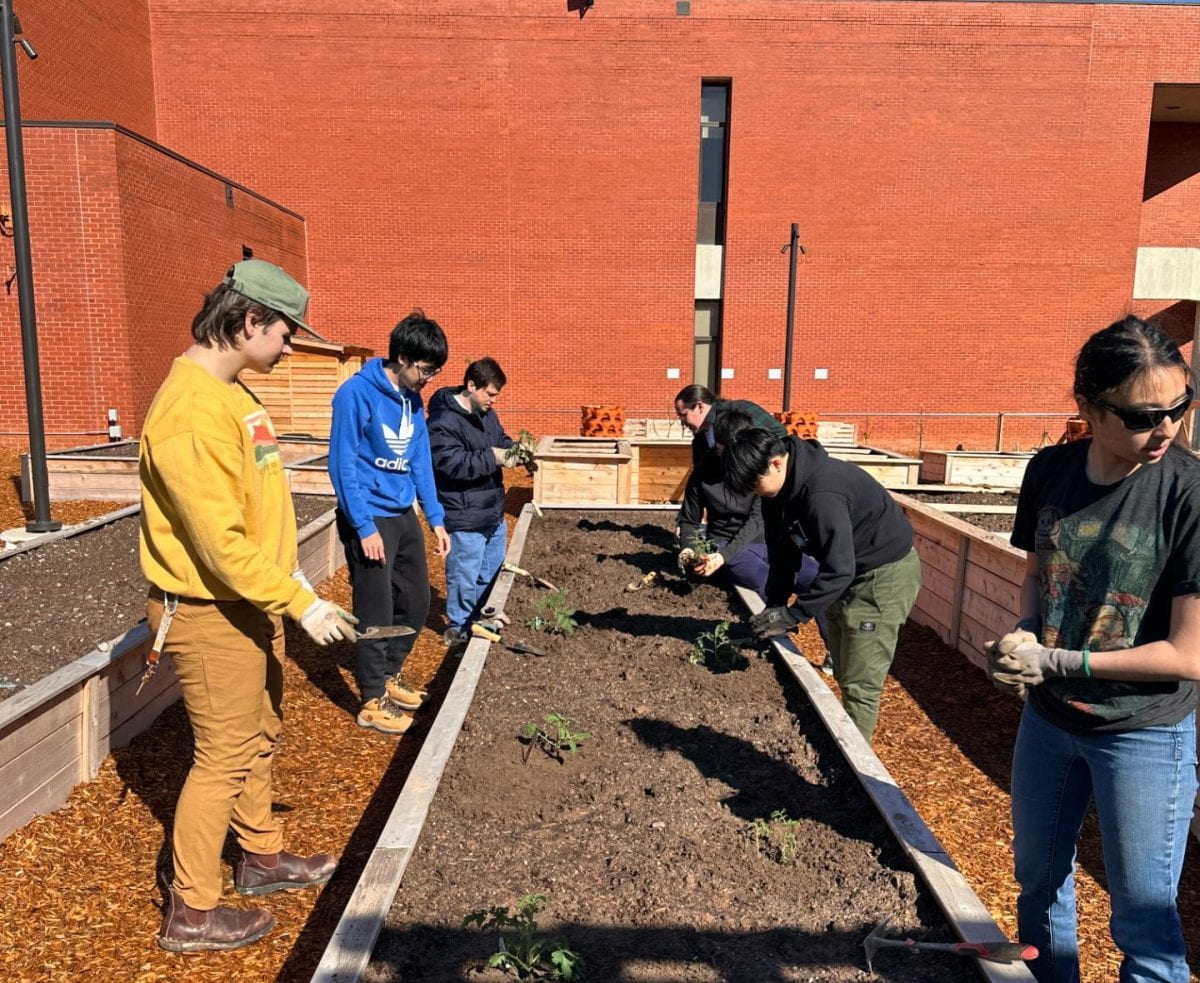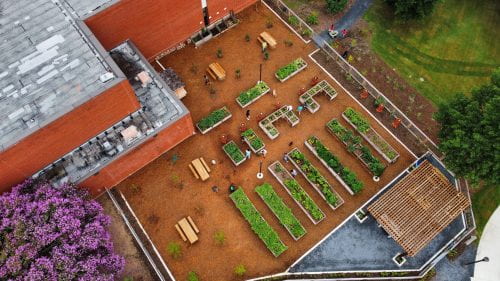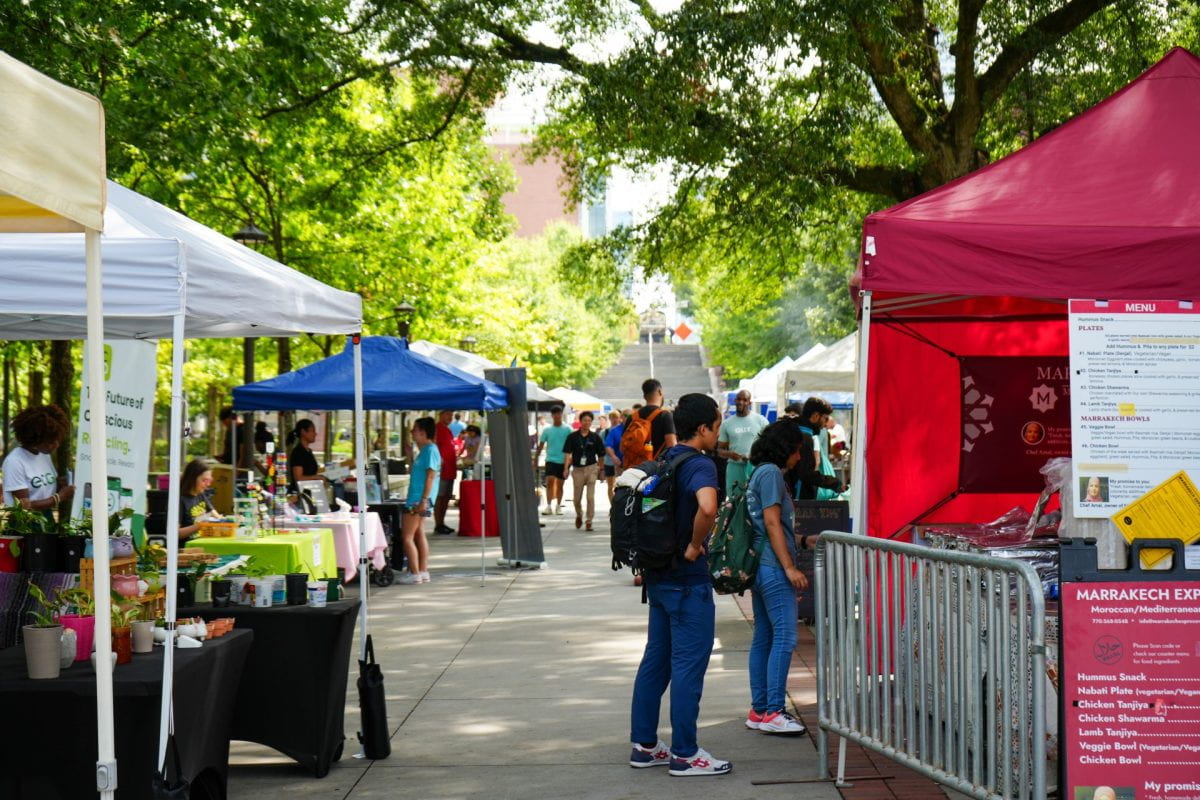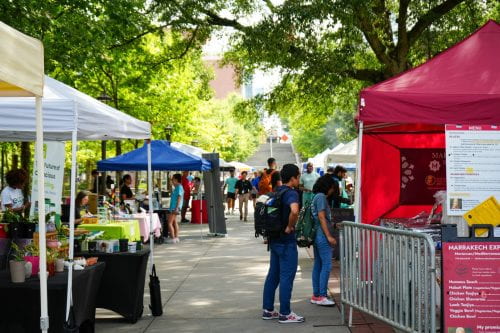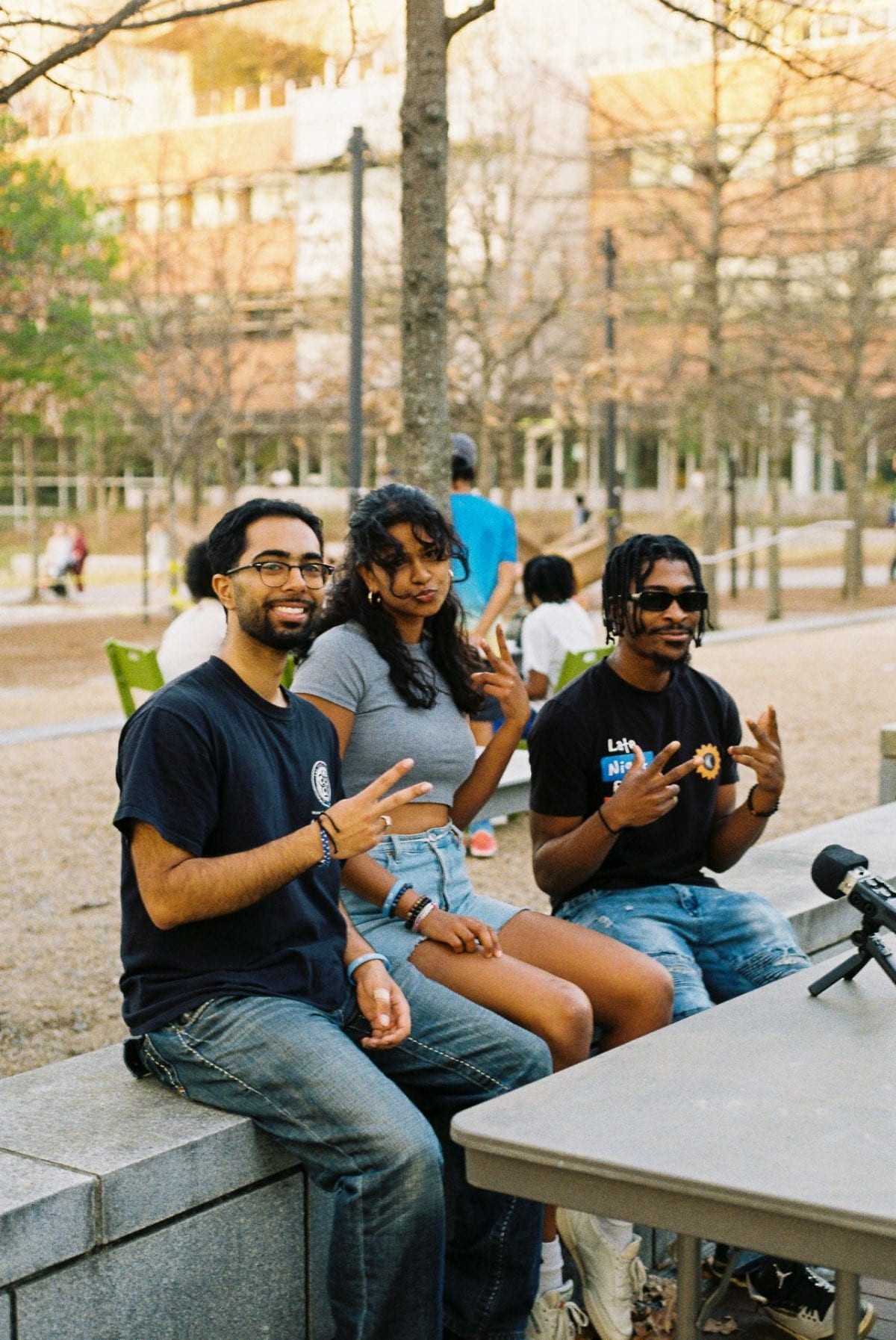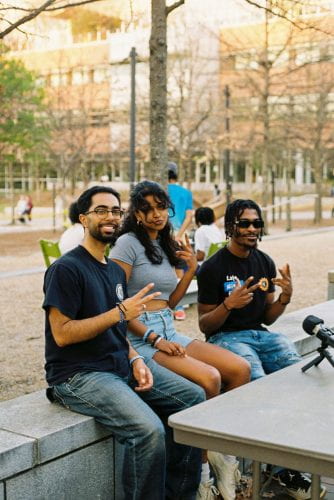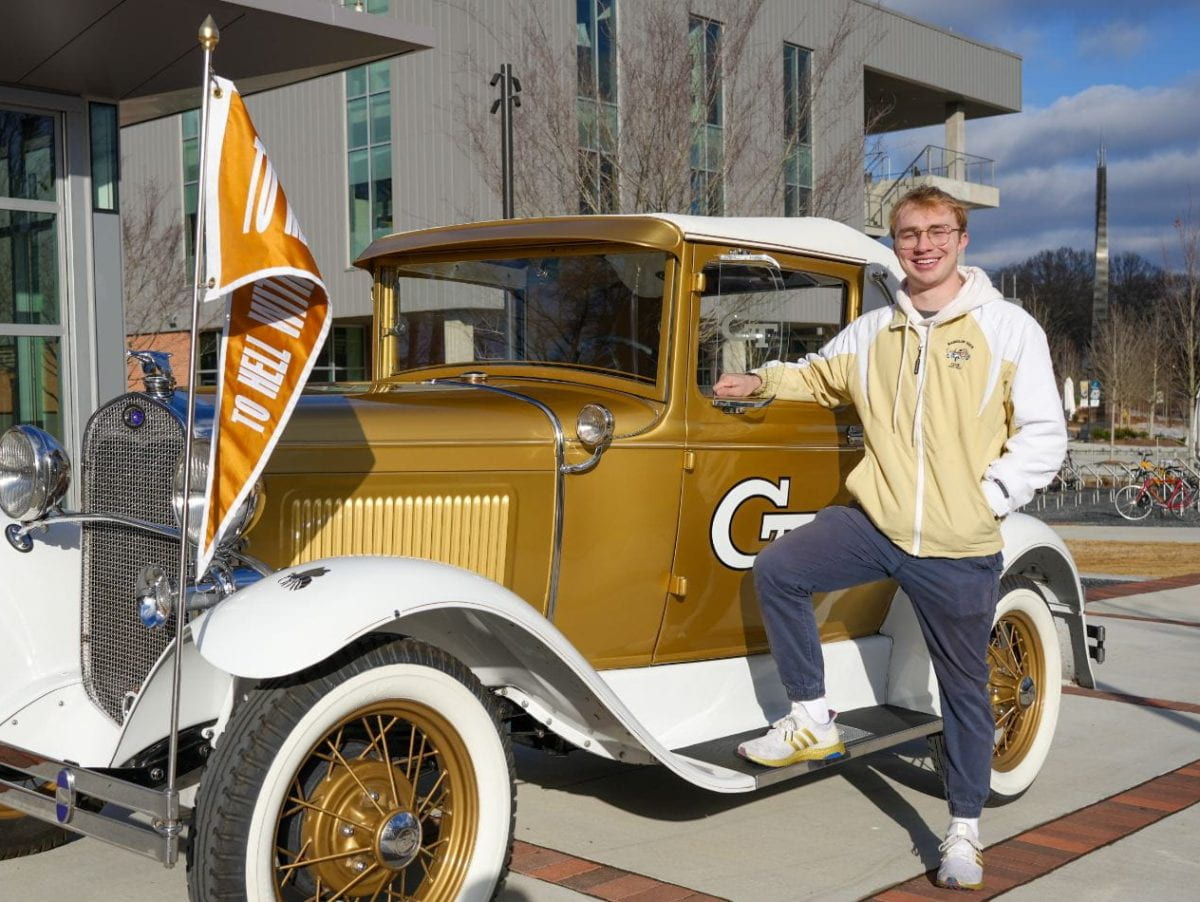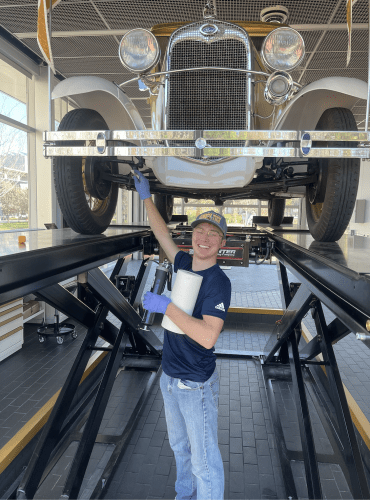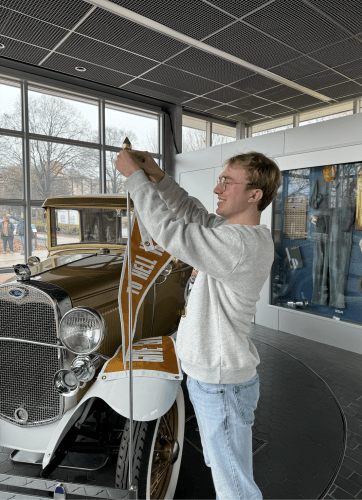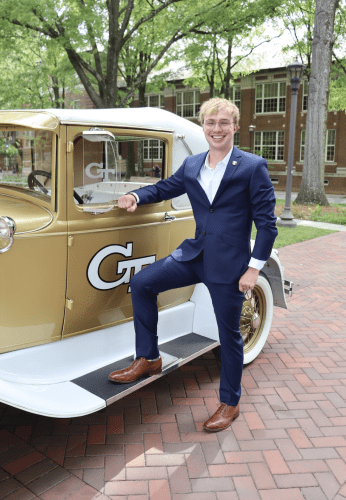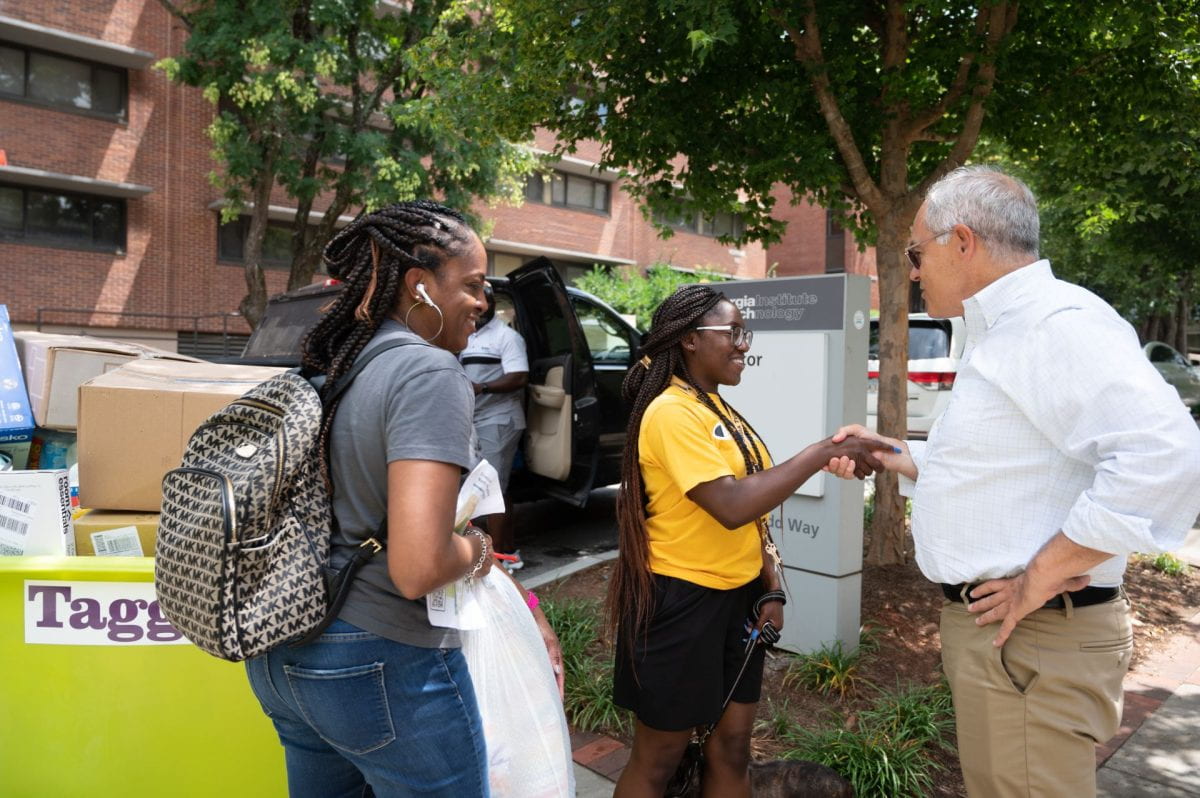From cutting-edge robotics to building coastal resilience, researchers at Georgia Tech set their sights on answering today’s leading research questions. Undergraduate students can play key roles in this search for solutions through their involvement in research labs.
Why Choose Research at Tech?
Research experience is often essential for students who plan to pursue graduate school. At Georgi Tech, over 5,000 undergraduate students work in labs across campus, getting experience at an R1 university that ranks #7 for undergraduate research in the United States.
On top of providing experience for a resume, undergraduate students in research at Tech are often mentored by graduate students to help them through research projects and acclimate to the lab. By working with graduate students, students can learn firsthand what a graduate student’s responsibilities are and determine if graduate school is a good fit for themselves.

“As an undergraduate, doing research and having that relationship with a graduate student is a good way to understand what it’s like to be a graduate student,” said Breanna “Bree” Shi, a Ph.D. candidate McGrath lab at Tech. “You also get the insider information from them of ‘if I had to do this again, this is what I would do differently.’”
Shi’s mentees, who have gone on to medical school or other positions, similarly emphasize the importance of working with graduate students to better understand the experience of graduate school.
“Bree has pretty much taught me everything I’ve needed to know in terms of making a decision about where to go to grad school, how to approach professors, how to write a good application, how to find funding, and all the in-betweens,” said Michael Ortega, a computer science student interested in pursuing a Ph.D. in computer science or machine learning. “Bree has given me a wonderful opportunity to encounter what research is like, which has helped me form decisions about post-grad life.”
Beyond mentorship, Shi urges students to use Tech’s resources. For example, students can often get course credit toward their degree for conducting research, participate in formal programs like Vertically Integrated Projects (VIP) with working groups of faculty and students, or receive financial support while pursuing research through scholarship programs.
Advice for Getting Involved with Research
Tech has a bustling research scene, and knowing which direction to go can be difficult. However, Shi also emphasizes that Tech’s resources to support students in research are extensive.
To experience success in the quest for a research position, Shi’s top tips are:
1. Don’t Compare Yourself to Others
Shi advises undergraduate students to avoid comparing themselves to others when they feel like someone is better at a certain skill. What can be more helpful is to form a relationship with them and understand how they advanced their skills in a particular area.
“Instead, become friends with them,” said Shi. “Having friends with diverse experiences will help you fill in your own gaps.”
2. Mentorship is a pie
Usually, students will have multiple parts or “slices” of themselves that they want to improve. Shi recommends you have multiple mentors to help you improve in all desired areas.
“You have multiple facets, and no one person can be responsible for all of them. Spread the slices out!” said Shi “So watch the people around you to see who is doing something well, then talk to them about their process.”

3. Don’t be afraid to reach out (or follow up)
In the McGrath lab, Shi often receives emails from students wishing to work with the lab. Reaching out via email to a lab is a great way to connect, especially if a lab sounds like a good fit and the student wants to learn more.
Some labs on campus use PairMe, Georgia Tech’s platform to match students with lab openings, but email can still be useful for contacting labs not on PairMe, or for following up.
4. Labs are their own ecosystems
It’s important to recognize that every lab has their own focus area, workflow, and set of expectations. Shi emphasizes that every student needs different things from their lab experience. When searching for positions or during the interview process, it may be helpful to ask questions to fully understand what the lab structure is and what deliverables they expect.
It’s also normal to change labs to find a better fit. Shi has had mentees in the past switch to new labs as they develop their idea of what research they want to pursue.
5. Tech labs want to see you succeed
Keep in mind that mentors want to see students excel and support them in doing so. Joining a lab and finding mentors is key to building a network of people willing to answer questions and highlight opportunities.
“The crux of good mentorship is accepting that your students will do greater things than you,” said Shi. “We don’t want to make copies of ourselves, good mentorship is giving students the tools to improve upon what you did.”
For more information on undergraduate research at Tech, visit the Undergraduate Research Opportunities website.





